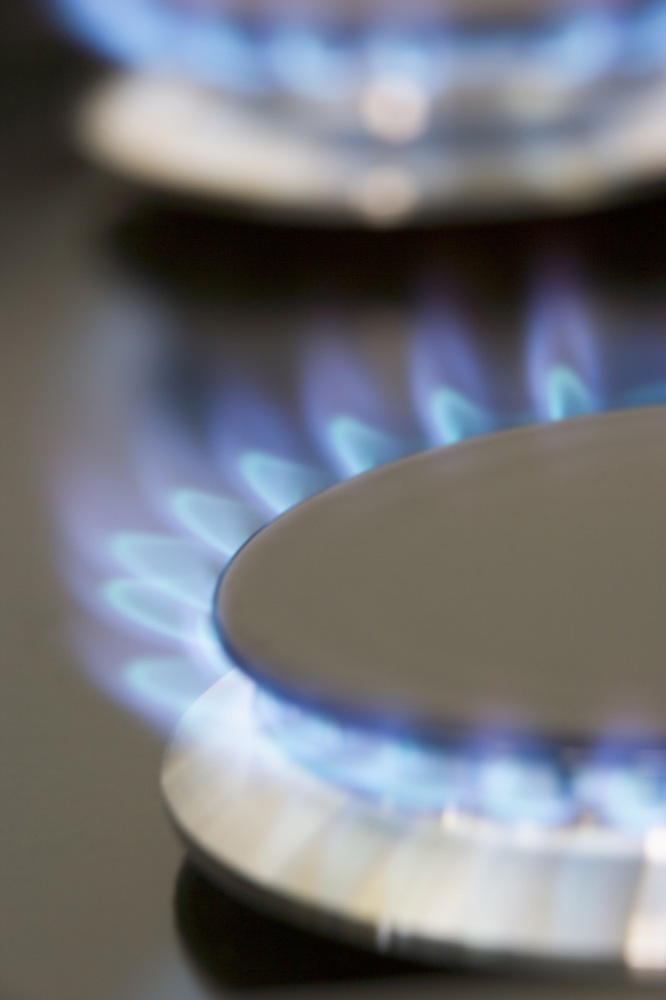 Incumbent government attempts to override municipal policy
Incumbent government attempts to override municipal policy
By Mercedes Deutscher, News Editor
With the BC provincial election days away, the BC Liberals have taken a strong opposition to a policy passed by the City of Vancouver in 2016.
The City of Vancouver created a policy last year—as part of the city’s Renewable Energy Strategy—that aims to reduce the use of natural gas in the city, ideally eliminating the use of non-renewable energy by 2050. According to CBC, natural gas in Vancouver is the cause of 26 per cent of greenhouse gas emissions in the city. The policy aims to discourage people from using natural gas in any new buildings and buildings that are applying for a rezoning by creating stricter requirements to be met by building owners before they are allowed to use natural gas in the building. The policy came into effect on May 1.
“How a developer meets those targets is up to them; it can involve a mix of better insulation, thicker windows, and better design, as well as opting for renewable energy. Developers can choose to build new buildings with natural gas, provided they can meet the energy efficiency and emissions targets (50 per cent decrease in GHGs),” the City of Vancouver stated in an April 29 press release.
It is a move that many have dubbed an outright ban, although the policy does not punish anyone for using natural gas.
BC Liberal candidate for Vancouver-Quilchena, Andrew Wilkinson, made the party’s stance on the issue clear on April 29. Should the BC Liberals be re-elected on May 9, he said that they will require Vancouver to adjust its policy and make it easier for buildings to access natural gas.
“While we all agree that climate change must be addressed, banning natural gas from the City of Vancouver at a huge cost to residents is not the way to go,” Wilkinson said, according to CBC.
When the policy was announced back in July 2016, FortisBC stated that the decision could cost families $1,500 extra in energy expenses per year.
The new energy policy may also be costly to restaurants, who often rely more on natural gas than other establishments.
“Over the last year we’ve had a lot of small-business owners absolutely concerned around the uncertainty of this issue,” Ian Tostenson, president of the BC Restaurant and Food Services Association, said to the Vancouver Sun. “I really appreciate [that] the provincial government stood-up and did something [for our sector].”
Yet BC NDP leader John Horgan criticized Wilkinson’s sudden stance on the issue.
“This is a Vancouver issue that has been discussed for almost the last eight months. Why it became important to Mr. Wilkinson is, we’ve got nine days until the next election,” Horgan said to the Vancouver Sun.
